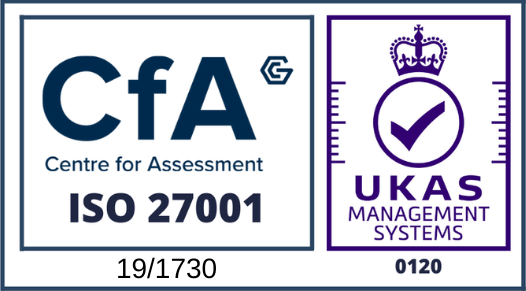When we have a precise, shared language, we give agency, respect, and dignity to marginalized communities and can come to solutions for disrupting oppression more quickly.
In our anti-oppression work, we know there are multiple layers to disrupting systems of oppression. While a lot of change happens through investing in material resources for marginalized communities, we find that the language people use in equity and inclusion spaces can either hinder or help our solutions. Discourse often informs reality, which means that what we say can shape how we think about an issue. Take for example, the shift in language from “tolerating” differences to “celebrating” differences, which served to remove a connotation of burden in including people who are not Cisgender, Straight, Non-Disabled, White, or Christian Men. When we have a precise, shared language, we give agency, respect, and dignity to marginalized communities and can come to solutions for disrupting oppression more quickly.
Language is constantly changing, and it can often feel difficult to keep up! That’s why in this guide (which is part of a longer series), you will take a look at a few terms that are commonly misused or misappropriated, and practice using them through an anti-oppressive lens. People who are marginalized by systems of colonialism, racism, and/or classism may not use this exact language to define their lived reality. That’s fine. You should never correct people on who they are and how to define themselves. We can and will mess up language, particularly when it’s new to us, and we all need to give each other grace and support with this in a non-punitive way. It can sometimes feel scary that you’ll get it “wrong”, but the best thing to do is ask people what language they prefer, and be ready to correct it if you need to.
Definitions
- People made poor: Rather than referring simply to “poor” people, this term acknowledges the systems that impoverish people in the first place, pointing to classist conditions as the source of suffering, rather than something inherent to them.
- Pronouns: When asking people how they would like to be referred to, there is a tendency to ask for “preferred pronouns”, but we know that pronouns are not a preference and that everyone has them! They should be used and respected, without diminishing them to a choice.
- Global North: Countries and cultures from Europe, Australia, and North America are often referred to as “Western” because of perceptions of their relative wealth and global dominance. By referring to these places as the Global North, we remove the colonial superiority attached to the “West”, and distinguish it from the Global South by geographical accuracy.
- Immigrant: People from the Global North who move to another country are often referred to as “ex-pats”, while people who move to another country from the Global South are referred to as “immigrants”, revealing a dangerous narrative that characterizes people from the Global South as infiltrators, while people from the Global North have an inherent right to live anywhere they like. By referring to everyone as immigrants, we remove this double standard.
- People of Colour (POC): This term is the most inclusive descriptor of non-White people, though it should be used thoughtfully to determine if an oppression issue needs to be specified about a particular racial group, or if it truly applies to all People of Colour. For example, when referring to people who experience heightened police brutality, we need to speak to Black people’s experiences, specifically. While many UK institutions refer to Black, Asian, and Minority Ethnic (BAME) people, this term inaccurately refers to ethnicities other than White as minorities, when in actuality they are a Global majority. Many POC have rejected the term BAME as not one that they relate to or would ever use.
- South West Asia and North Africa (SWANA): While often referred to as the ‘Middle East’, SWANA distinguishes the region in geographical terms, rather than the inaccurate positioning of “the West.”
Practice
Use this mini-quiz to test your understanding of these concepts, and check your answers at the bottom!
1) Why do we refer to people with limited access to resources as people made poor?
а. To be clear in our language people are not responsible for their poverty, but rather that institutions intentionally neglect and trap them in a cycle of poverty.
b. To empower people made poor and communicate to others that we understand their struggles.
2) What does using the term “preferred pronouns” imply?
a. That gender-affirming pronouns are optional.
b. That a workplace has considered the needs of trans and non-binary people.
3) Which sentence is the most anti-oppressive?
a. Global North countries continue to produce the highest levels of climate-change-inducing pollution.
b. Western countries continue to produce the highest levels of climate-change-inducing pollution.
4) Someone who moves from the U.S. to France is an…
a. Expat
b. Immigrant
5) When referring to Black people who experience heightened police surveillance, they should be called:
a. People of Colour
b. Black people
6) Which sentence is the most accurate?
a. People from the Middle East are often denied citizenship in Europe.
b. People from SWANA are often denied citizenship in Europe.
Answers:
1) A 2) A 3) A 4) B 5) B 6) B

